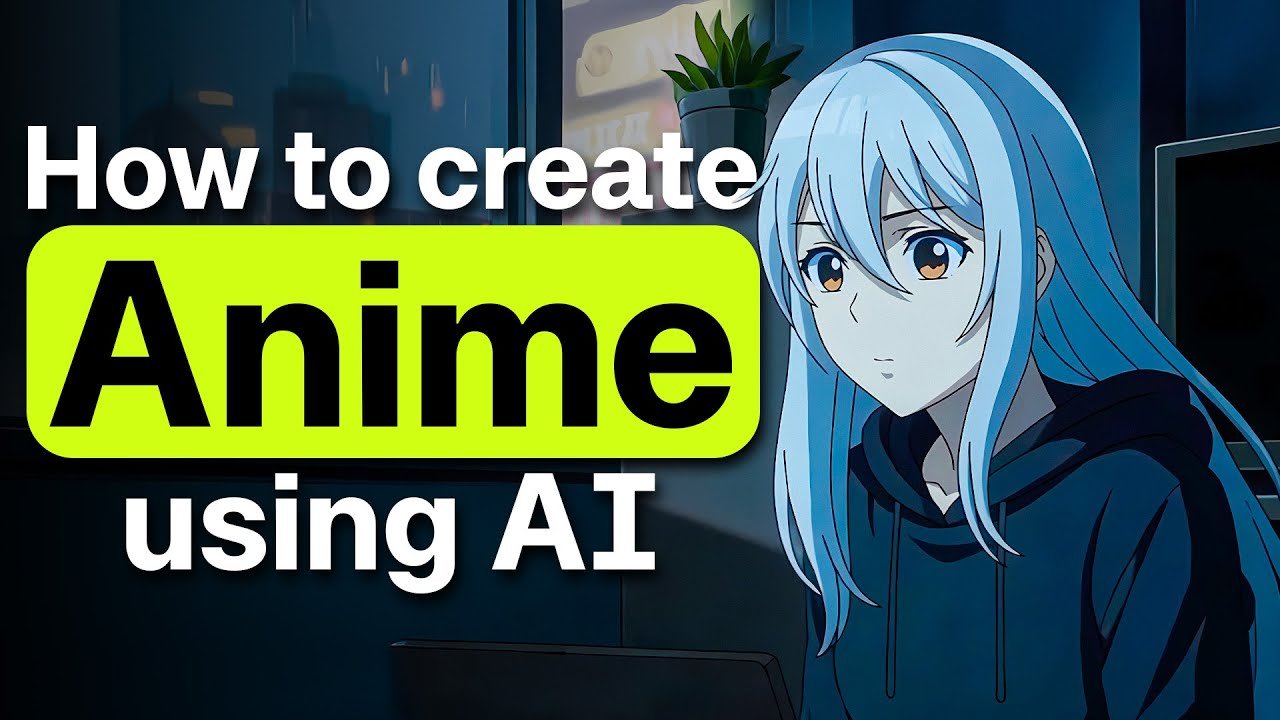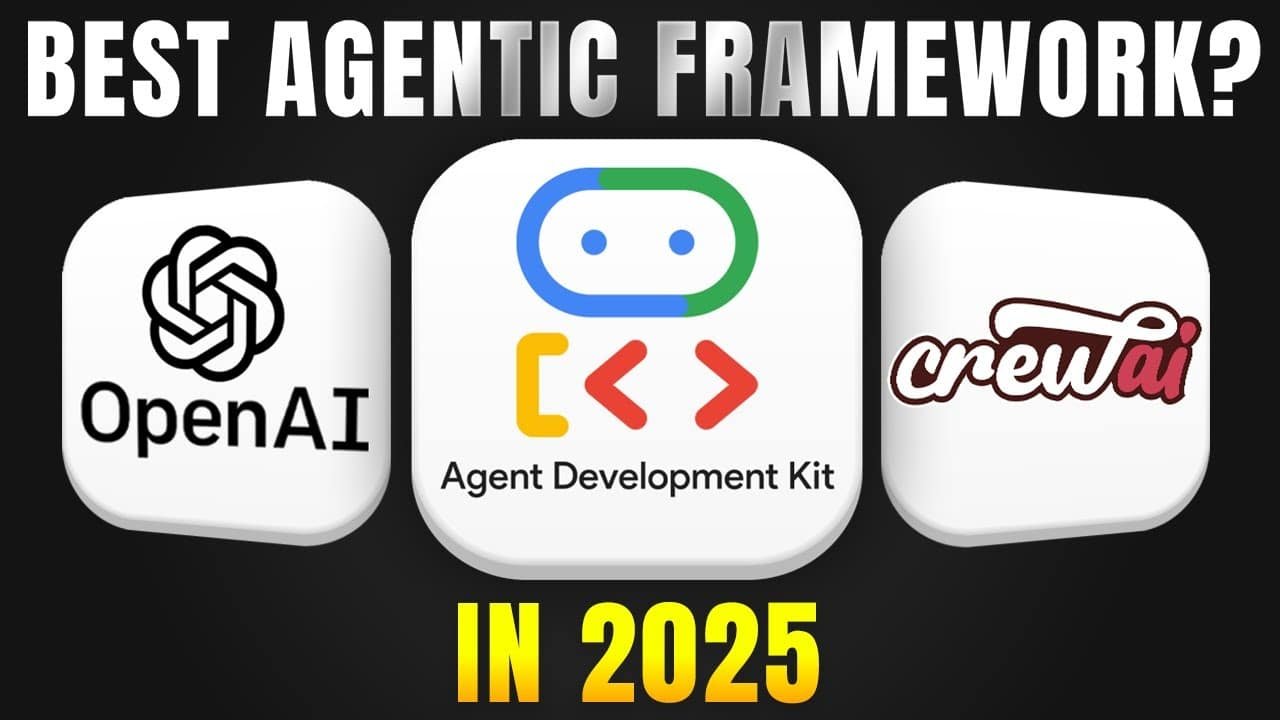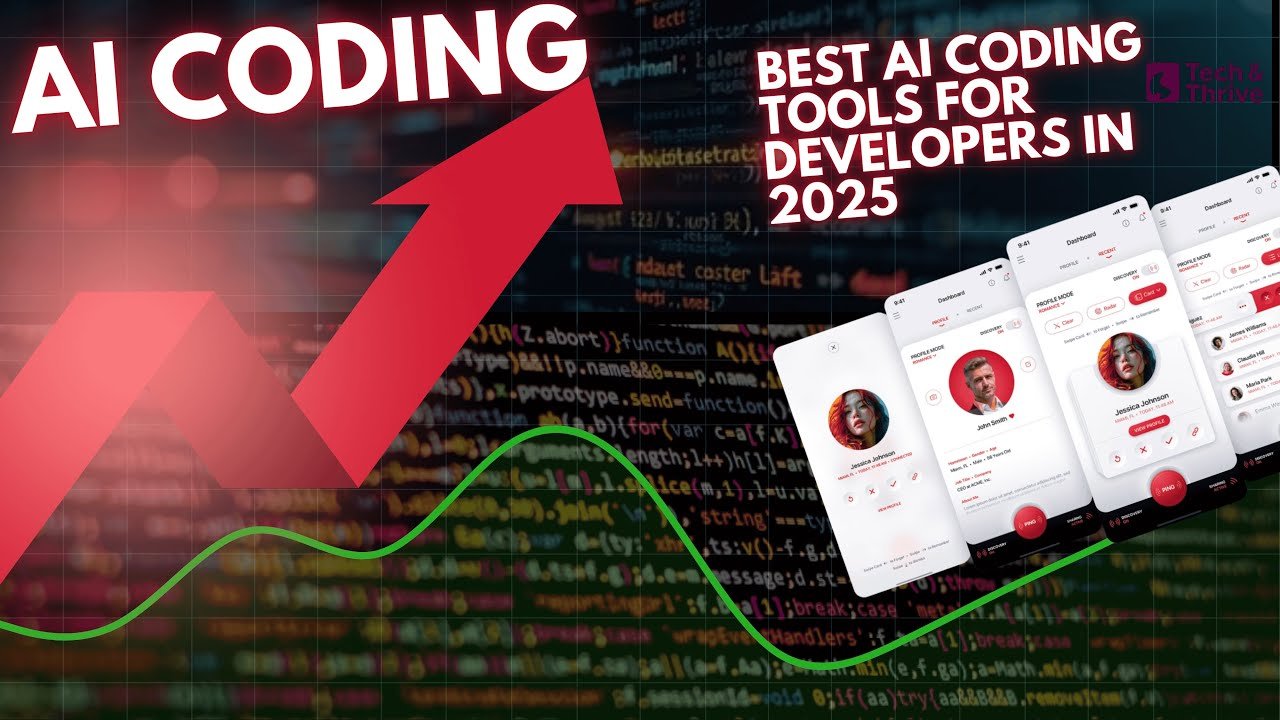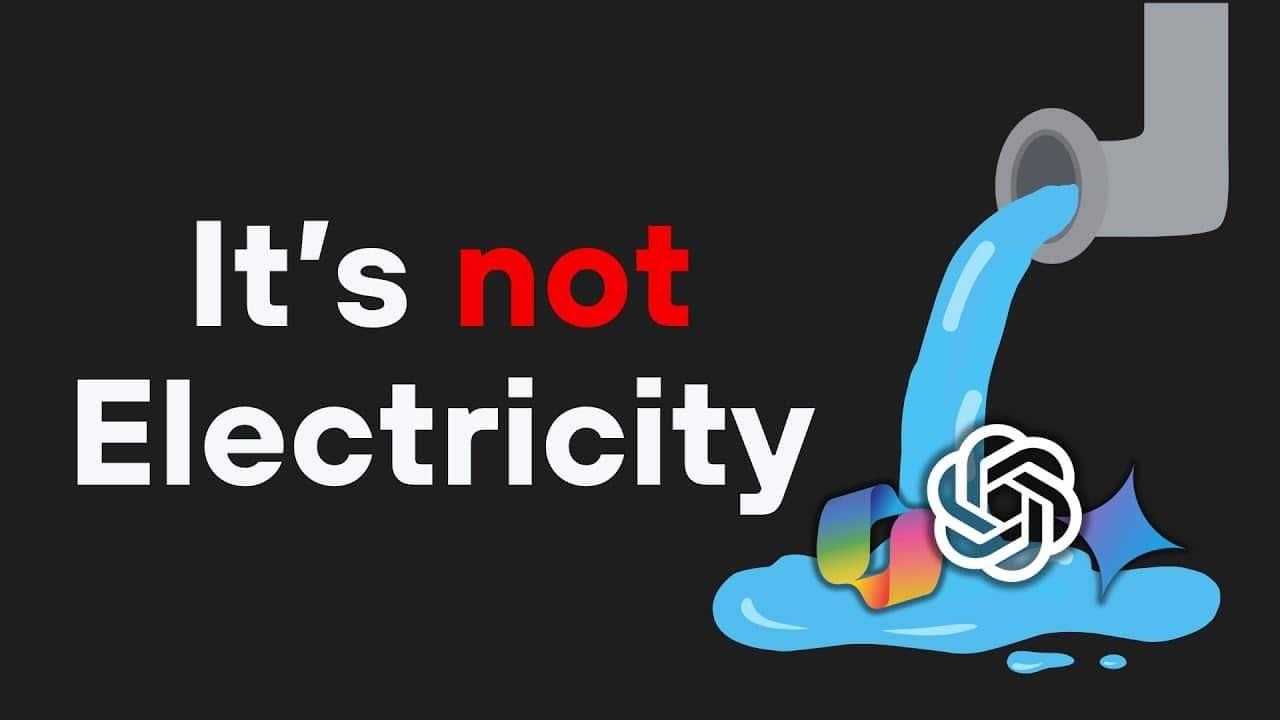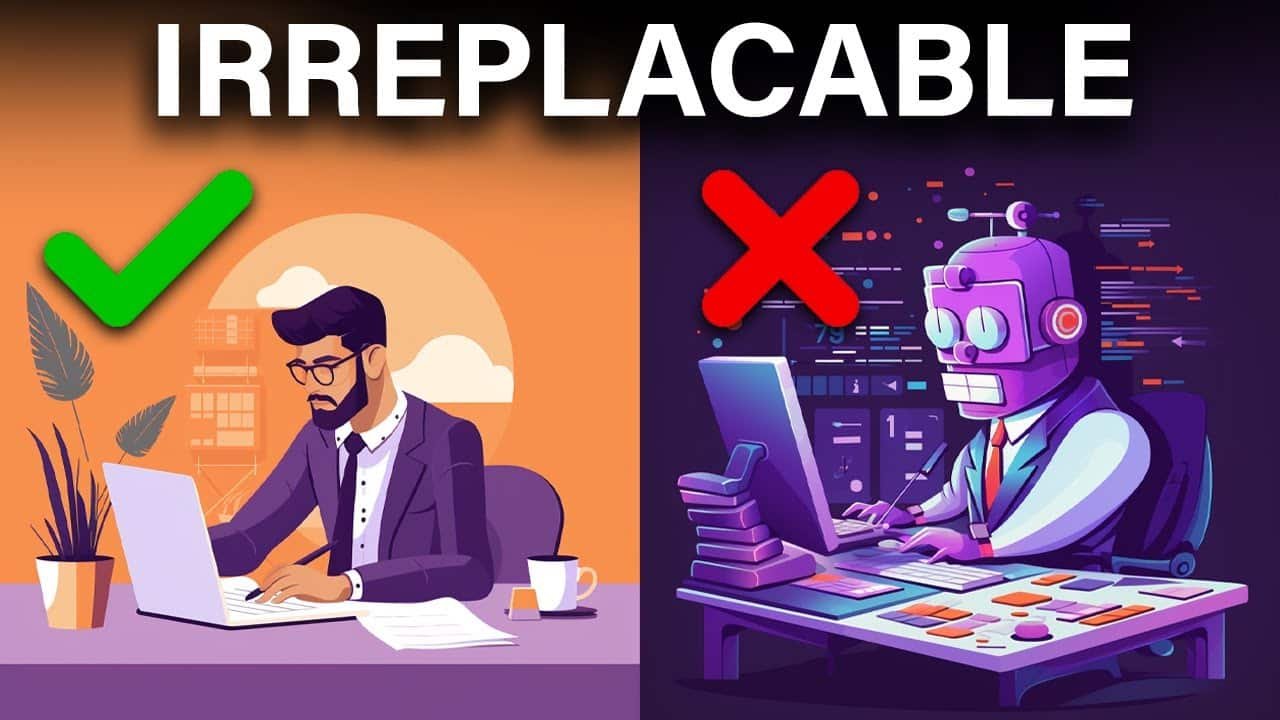This entire workflow generates a complete anime story with different camera angles, movements, and visuals.
Honestly, I spent weeks perfecting this system using one of the most advanced AI video tools that not many people are talking about.
Now, I’m giving you my entire workflow so you can just copy and paste everything.
And the best part? This whole thing took me less than 30 minutes to make using a new workflow that very few people even know about.
What Makes This Workflow Special
Here’s what makes this process truly different from all the other anime creation methods out there:
Everything happens in one single place.
No need to jump between multiple tools, no multiple subscriptions, and no switching between software to edit and export clips.
It’s fast, seamless, and completely beginner-friendly.
If you’re interested in exploring other visual creation tools, check out this related post:
👉 How to Use AI to Create PowerPoint Presentations
The Tool Behind This Workflow
The platform I used for this process is called Weavy — an advanced all-in-one workspace that combines multiple AI models in one place.
You can test, build, and experiment without ever leaving the platform.
If you want to try my exact setup, here’s the Weavy Flow I used to create my anime story.
Step-by-Step Workflow
Let’s break down exactly how I built this anime story from start to finish.
Step 1: Start with a Reference Image
Upload a single image that captures your character or the mood you want for your anime.
This image acts as your base reference — it sets the tone for the visuals, character style, and overall atmosphere.
Step 2: Generate Story Elements
Next, I used Weavy’s built-in text generation tools to outline the story’s main moments.
You can define camera angles, emotional tones, and scene descriptions — everything needed to bring your idea to life.
Step 3: Create the Visual Scenes
Once the story is outlined, I used Weavy’s visual engine to turn those text prompts into animated scenes.
Each scene stayed consistent with the reference image, and the visuals came together within minutes.
If you love creating visuals like this, you’ll also enjoy this guide:
👉 AI to Turn Your Ideas Into Stunning Videos
Step 4: Add Camera Movements and Transitions
This part gives your project life.
I adjusted camera angles and scene transitions to make it feel like a real anime episode instead of static images.
Step 5: Compile and Export
Finally, I compiled everything inside Weavy.
In less than 30 minutes, I had a fully animated short story — complete with smooth camera movements, visual consistency, and cinematic flow.
Why This Matters
This workflow saves hours of manual editing and switching between tools.
It’s efficient, organized, and perfect for creators who want to bring stories to life without expensive software or complex editing setups.
Everything happens within Weavy — giving you total control in a single place.
If you’re interested in more tools that simplify creative workflows, read:
👉 Best Agentic AI Framework in 2025
Try It Yourself
You can start right now using my setup:
🔗 https://app.weavy.ai/flow/FI6szmirwSVsTgYmALBxaN
Or explore more templates here:
🔗 https://app.weavy.ai/
More AI Tool Guides You’ll Love
If you enjoyed this post, here are more resources that will help you experiment with creative AI tools:
Final Thoughts
This entire process changed how I think about anime creation.
With just one platform, I could plan, animate, and export a full story — all in under an hour.
If you’ve been struggling with complex editing tools or workflow overload, give Weavy a try.
It’s clean, fast, and powerful — everything you need to bring your imagination to life.

